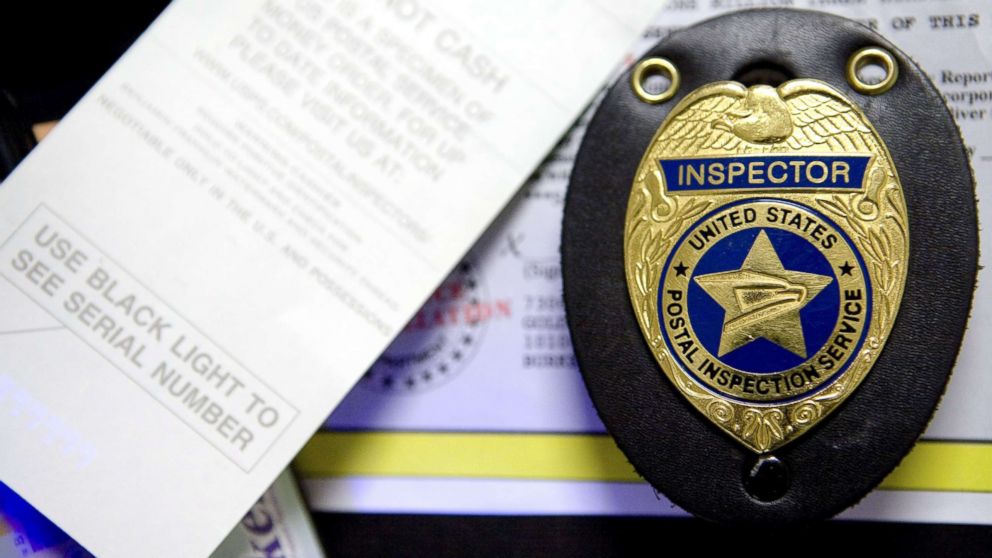Veterans twice as likely to be scammed as general public: Survey
Con men use "their sense of patriotism and brotherhood against them."

— -- Email and phone scammers target everyone. But veterans are twice as likely to lose money to them, according to a survey released by AARP’s Fraud Watch Network on Wednesday.
AARP’s lead fraud researcher, Doug Shadel, said that the con men he’s interviewed have told him the best way to scam a vet is to pretend to be one.
"It's sort of using their sense of patriotism and brotherhood against them,” Shadel said.
Coinciding with the release of the survey, AARP and the U.S. Postal Inspection Service announced the launch of Operation Protect Veterans, a nation-wide awareness campaign meant to keep veterans from being conned.
Beginning January, all of the more than 30,000 post offices in America will have brochures offering warnings and advice to veterans.
“A lot of the folks who go into those post offices are our folks, so it just seemed like kind of a natural marriage there,” Shadel said of the partnership.
AARP has also released a new version of its Watchdog Alert Handbook to warn veterans of some of the scams that specifically target them, such as attempts to charge them for access to military records, or fake job offers used to mine personal information.
“While veterans are bombarded by the same scam pitches we all receive, our research found that they’re also under special attack by a number of additional scams tailored just for them,” said AARP CEO Jo Ann Jenkins in a press release.
Shadel, who conceived of the veteran study after noticing the group was overrepresented in an earlier AARP survey on investment fraud, said he wanted to find out how veterans who fall prey differ from veterans who don't.
“One of the big differences was that the victims are much more likely to say ‘I would trust somebody more if they had been in the military,’” said Shadel.
Compared to veterans who did not fall for attempted scams, victims surveyed were also more likely to struggle with a significant amount of debt, relationship problems, serious injury, or loneliness. Especially vulnerable were female veterans, who made up just 7 percent of non-victims, but 17 percent of those who did fall prey -- an over-representation of more than 240 percent.
"You're essentially profiling who falls for fraud among the veterans,” Shadel said. “And if you know that, then you can customize your education messages, you can customizes your prevention outreach to those things and address those behaviors directly."
Shadel, who also serves as AARP’s senior state director of Washington, said the next step is to build partnerships with veterans organizations. He is currently organizing speaking events at local Veterans of Foreign Wars posts to help augment the literature that will be provided at the post office.
“That doesn't solve the problem, but that is a really good start in terms of getting people aware of this,” he said.




